24/7 Helpline:
(866) 899-221924/7 Helpline:
(866) 899-2219
Learn more about Intervention Services centers in Union County

Other Insurance Options

Sutter

Sliding scale payment assistance

WellPoint

Health Partners

Providence

Kaiser Permanente

Absolute Total Care

Humana

United Health Care

Holman Group

Magellan Health

BlueCross

Regence

Cigna

Anthem

AllWell

PHCS Network

State Farm

WellCare Health Plans

Multiplan

Center for Human Development
Center for Human Development is a private rehab located in La Grande, Oregon. Center for Human Devel...

Jonathan M. Wainwright Memorial VA Medical Center – La Grande VA Community Based Outpatient Clinic
Jonathan M. Wainwright Memorial VA Medical Center - La Grande VA Community Based Outpatient Clinic p...

















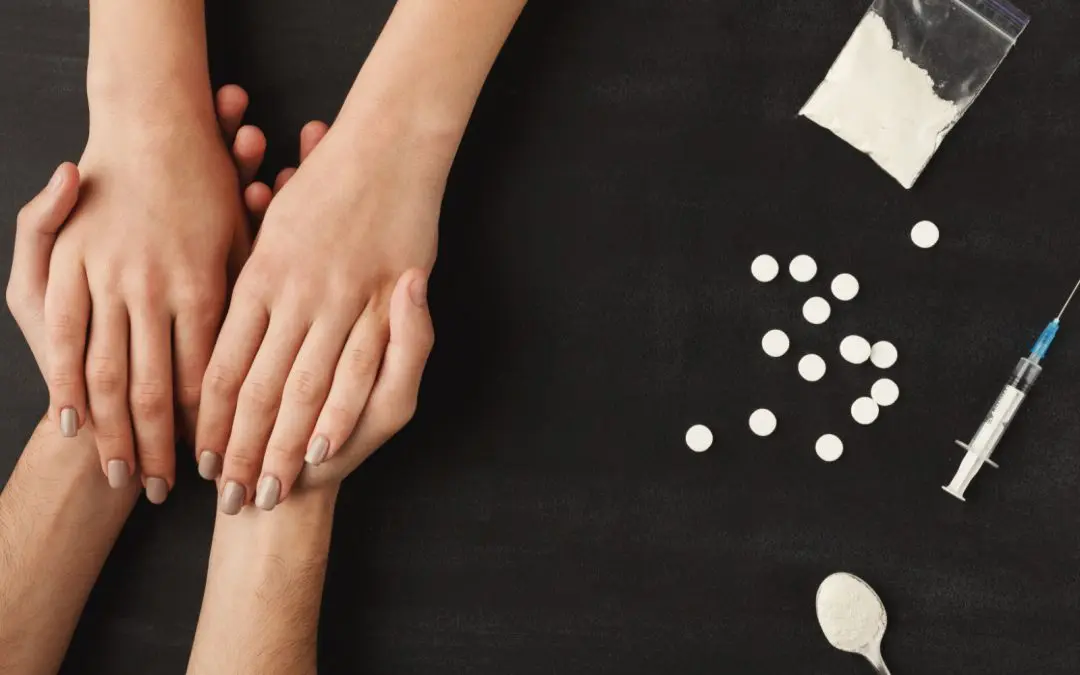


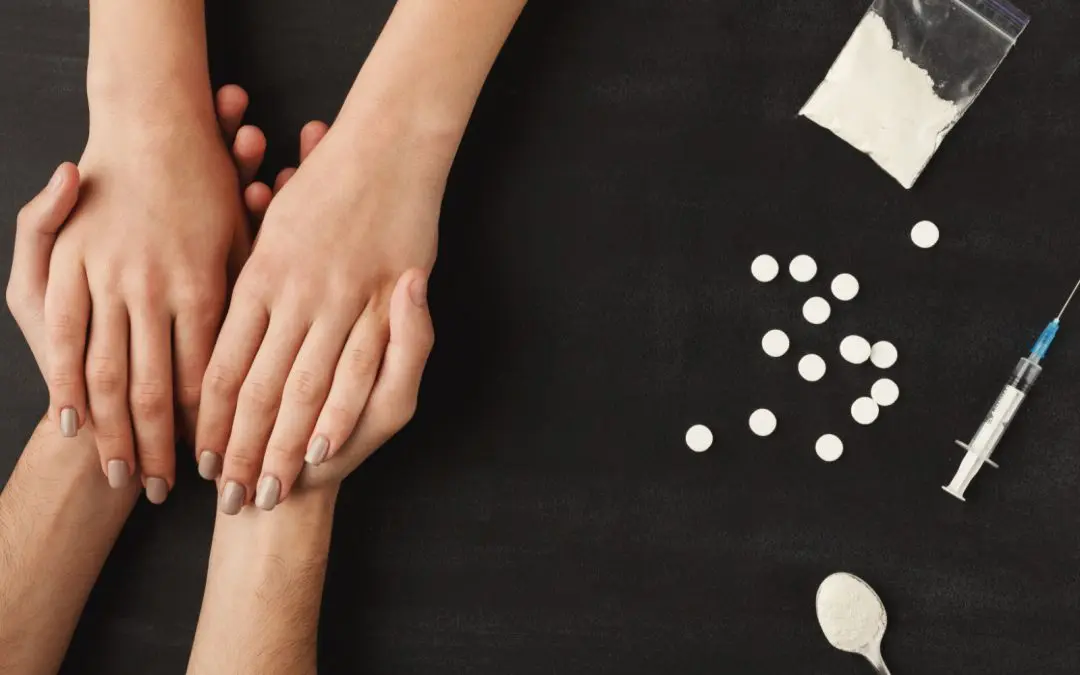











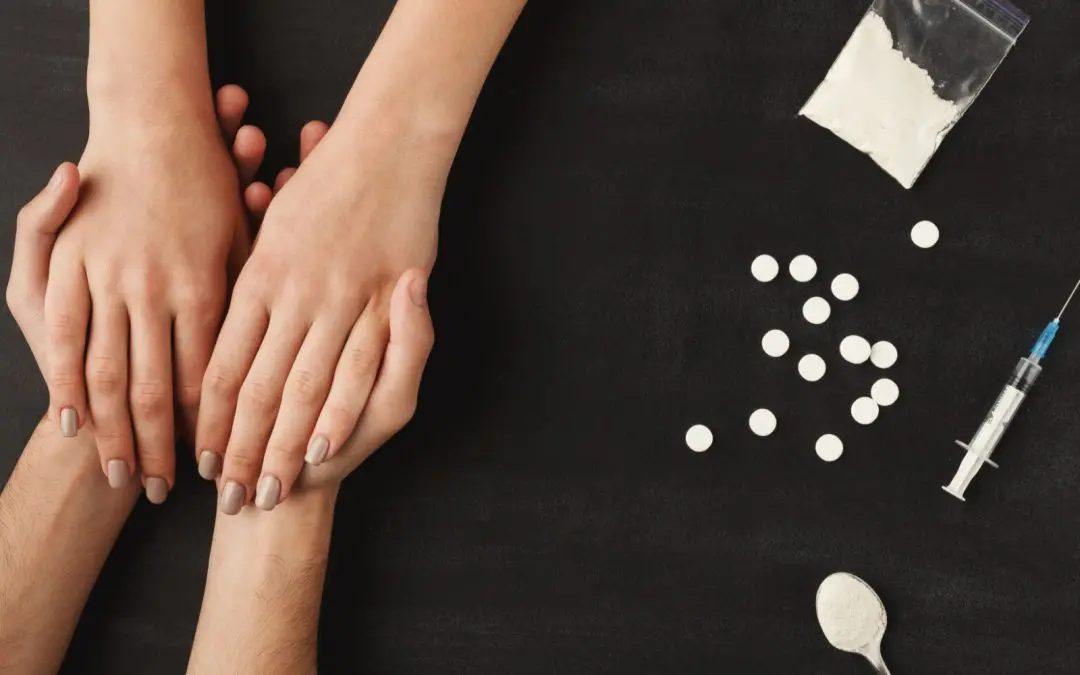










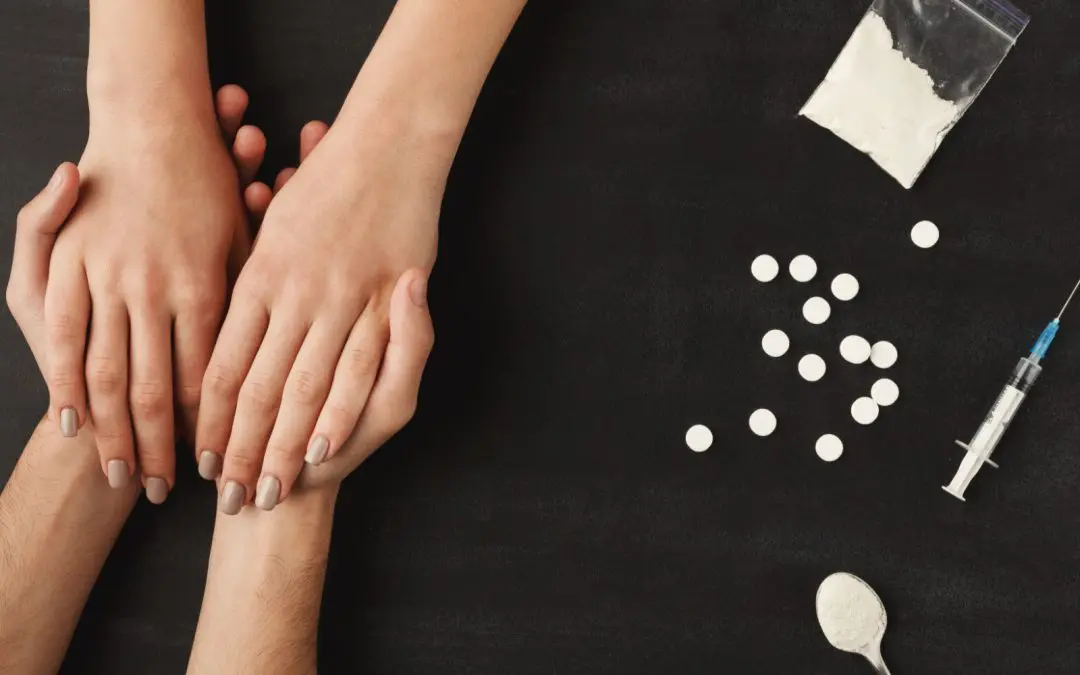













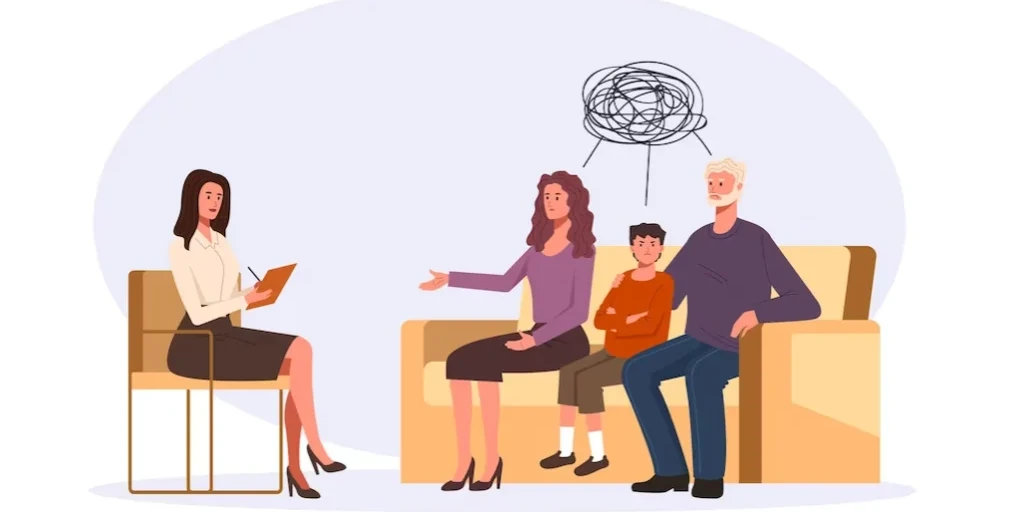






















Heart Steps Counseling Services
Heart Steps Counseling Services is a private rehab located in La Grande, Oregon. Heart Steps Counsel...

Grande Ronde Recovery
Grande Ronde Recovery is a private rehab located in La Grande, Oregon. Grande Ronde Recovery special...


















